
As per World Health Organization(WHO)
air pollution – both ambient (outdoor) and household (indoor) – is the biggest environmental risk to health, responsible for about one in every nine deaths annually.
HHM monitors invisible air constituents that can significantly impact our health and the environment; it tracks fifteen factors that affect the quality of air.
Carbon Dioxide is the most significant long-lived greenhouse gas in Earth’s atmosphere. Exposure to high CO2 levels can cause headaches, vertigo, seizures, and tinnitus.
Hydrogen Sulfide is a colorless gas with a foul odor. Repeated exposure to high levels of H2S may cause convulsions, coma, brain and heart damage.
Carbon Monoxide is a highly poisonous gas. Exposure to CO can cause headache, dizziness, chest pain, and blurred vision. At high levels it is life-threatening.
Ammonia and hydrogen sulfide is the most significant odour generated in toilets and constant exposure to such odour will cause headache, irritation to eyes & nose and unpleasant feeling.
Sulfur Dioxide is a colorless gas with a strong odor. Exposure to SO2 can cause difficulty in breathing, burning of the nose, throat, and lungs.
Nitrogen Dioxide is reddish-brown gas with a pungent odor. Long-term exposure can cause asthma and respiratory infections.
LPG is colorless and extremely flammable gas.
Particulate matter is the term for tiny particles found in the air as a result of a chemical reaction between pollutants. Exposure to PM can cause suffocation, aggravated asthma, heart attacks, premature death in people with heart or lung disease.
Volatile Organic Compounds can be found in paints and thinners, air fresheners, repellents. Exposure to VOCs may cause irritation of eyes, nose and throat, fatigue, dizziness, cancer.
Ozone is a gas that occurs both in the earth’s upper atmosphere and at earth’s ground level. Breathing ozone can cause chest pain, congestion, asthma attacks.
Smoke is commonly a by-product of fire. Smoke inhalation is the primary cause of death in victims of indoor fires.
Temperature is one of the basic parameters characterizing comfort of living beings. Wide variations in temperature have consequences on health.
Humans are sensitive to humid air because human body uses evaporative cooling as the primary mechanism to regulate temperature. For some people higher humidity can result in breathing problems, numbness, and faintness.
HHM monitors invisible air constituents that can significantly impact our health and the environment. it tracks fifteen parameters that affect the quality of air.

Real-time monitoring of air quality helps in assessing the levels of harmful gases and particulate matters in the air and to alert people to initiate real-time action needed to reduce pollution.
Air Pollution and its harmful effects on health

- GOVERNMENT
- EDUCATION
- RESIDENTIAL
- HOSPITALITY
- OFFICE & INDUSTRY
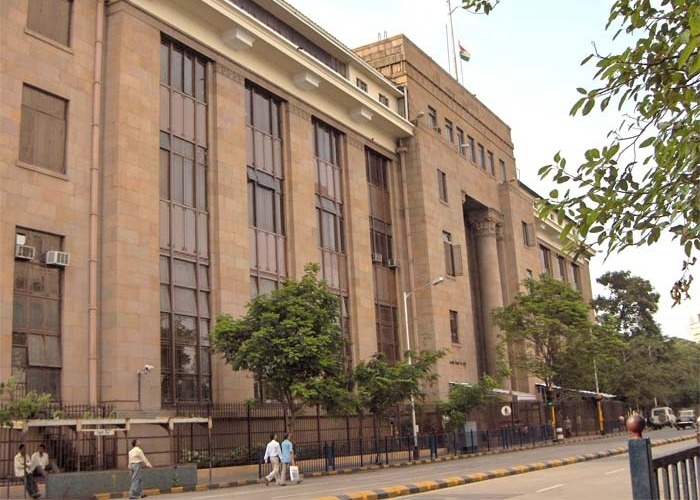
GOVERNMENT
Governments across different countries are involved in monitoring the air quality by setting standards and continuously evaluating the pollution and pollutant data.
Due to worsening pollution, central board for pollution control is laying emphasis on air quality monitoring and awareness. Air quality monitoring helps Government organizations and agencies in better public policy making decisions and enhancing the agency’s ability to respond to environmental challenges.
Health Hygiene Monitor (HHM) provides real time data about harmful chemicals and particle pollution in the air. HHM can help Government organizations and agencies in managing and improving air quality.

EDUCATION
Pollution makes it difficult for students to learn and teachers to teach. Harmful gases, high humidity, and abnormal temperature are detrimental to students, teachers and administration staff.
Health Hygiene Monitor (HHM) can help the administration in providing a healthy and safe environment for the institution.

RESIDENTIAL
Indoor pollution can cause adverse health effects, such as irritation of the eyes, nose & throat, dizziness, headache and fatigue. Poor air quality can affect the health of children and senior citizens.
The increase in awareness about indoor pollution drives the residential sector for using air quality monitors.

HOSPITALITY
Hotels are adopting new measures and initiatives to make sure that the air their guests breathe is of better quality.
Air quality is an important factor for hotel guests and the hotel industry is taking additional efforts to monitor air quality.
Information is key to managing and improving air quality and HHM can help the industry in providing that information on a real time basis, allowing organizations to take immediate action if set levels are breached.

OFFICE & INDUSTRY
Indoor air quality is a major concern to businesses as poor air quality can impact the health, comfort, well-being and productivity of employees.
Air quality is a constantly changing interaction of complex factors that affect the types, levels and importance of pollutants in indoor environments.
Real time monitoring of air quality can help an organization to guard against extreme events by alerting concerned authority and initiate action.
Why do we need an Air Quality monitoring device?
- Indoor air quality is much worse than outdoors.
- Lack of awareness about air quality in individuals could result in severe long-term health impacts.
- Lack of awareness and tracking air quality in organizations can result in non-adherence to standards or even compliance issues.
- Information is key to managing and improving air quality.
- Monitoring device helps you track harmful gases and particle pollution in air.
- Helps individuals and organizations to take immediate action if set levels are breached.
- Helps Govt. organizations and agencies in better public policy making decisions and improves agencies ability to respond to environmental challenges.
What is HHM and Why HHM?
- HHM (Health Hygiene Monitor) is an IoT (Internet of Things) based electronic device that monitors various types of harmful Gases and Particulate matter in the air.
- HHM provides real time data to users.
- Allows users to monitor the invisible (chemicals, particulate matter) using mobile and web application from any part of the world.
- HHM ecosystem runs on a reputed cloud platform.
- Sends alert notifications to users when levels are breached.
- Allows user to customize alert settings.
- Visual representation of hourly, daily, weekly and monthly data in the form of charts.
HHM Features

Wireless

gases Detection

Cloud Platform

Alerts on Mobile

IoT Enabled
HHM Ecosystem Overview
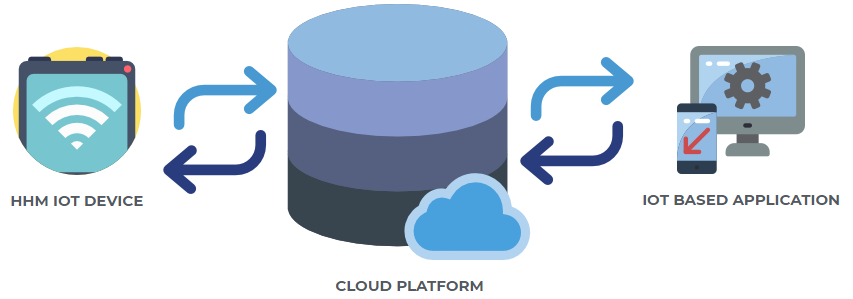





Air Pollution Impact on Human Health

Air Pollution Impact on Human Health
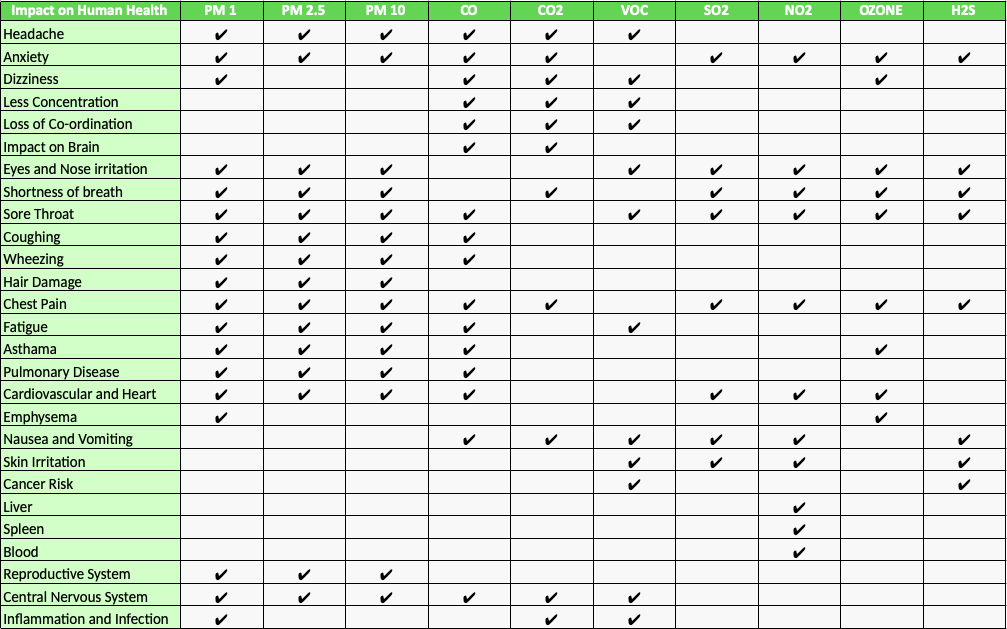
Measurement of air pollutant and their limits
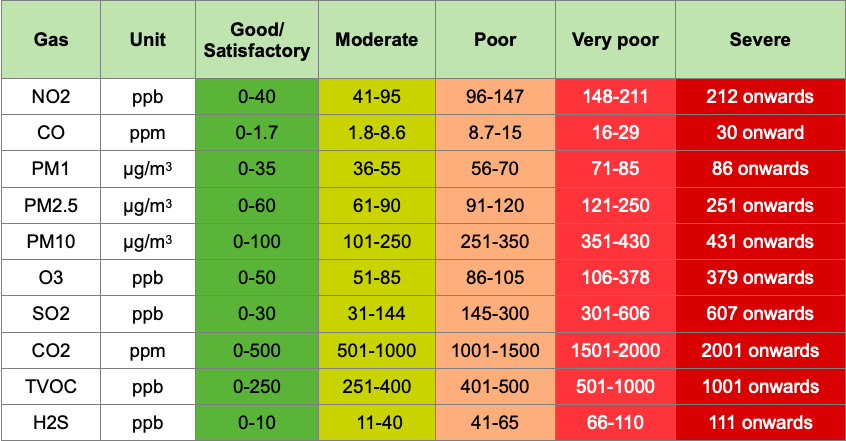
HHM can help in providing healthy and safe environment in various sectors
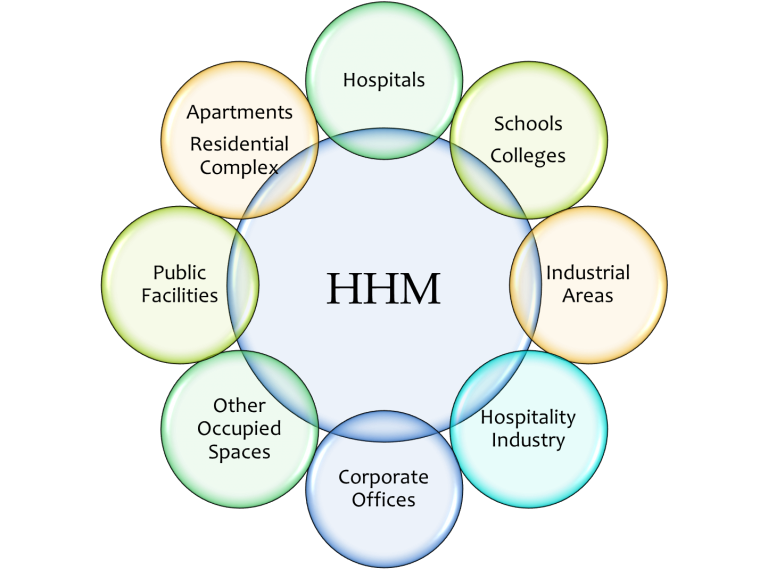

Contact
Viliso Technologies Private Limited
418, Chhotalal Bhuvan, 2nd Flr, Office No 52, Opp Metro Cycle Co, Kalbadevi Rd, Mumbai 400002.



